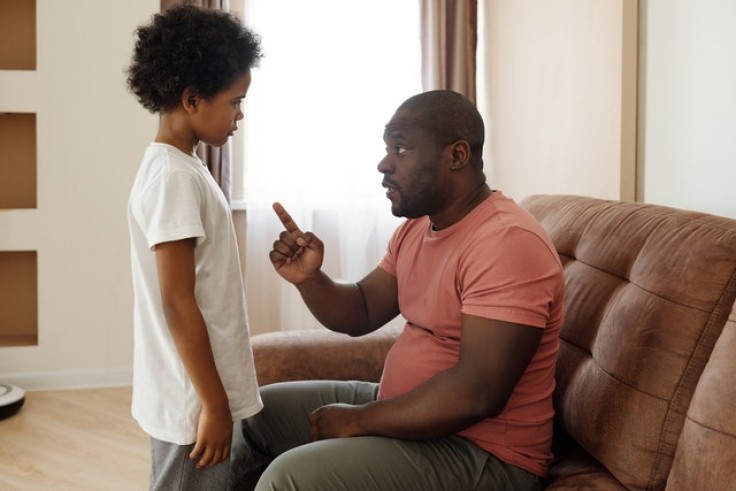
Sometimes, it can be difficult for us as parents to discipline our children with challenging behavior. However, it is our responsibility to try. Many children benefit when their parents and other adults in their lives adjust how they react, respond, or communicate and interact with them.
Events from this past year have definitely affected the behavior of children. Over the past months, children who have been inside their homes have missed out on opportunities to socialize and do activities outside, particularly with their peers, resulting in challenging conduct.
Additionally, with the entire family forced to be cramped together at home 24 hours a day, being in a good mood can be a challenge to both children and adults.
Children are reported to now have challenging behaviors at home. This is even considering that children exhibit such bevahiors even in the healthy atmosphere of their homes, where their stubbornness, temper tantrums, their conduct involving violence, purposeful misbehaving, lower tolerance, and early levels of their anger and big emotions slowly developed.
It is important to address this kind of conduct and help your children cope with these challenging behaviors they are developing. This can be addressed through basic positive parenting strategies.
How to deal with your child's challenging behavior
1. As parents, set an example for empathy and communication
Empathy is being able to put oneself in another's shoes. As parents, this is an essential step when dealing with a child with challenging behaviors. Children often have no discernment on what is right versus what is wrong, so taking this extra step would help them understand why they did something wrong in the first place.
Similarly, communicating with them and defining what a "correct behavior" is, helps them make decisions in the future.
2. Encourage your child to do good
As parents, it is important to tell your child that you are proud of him/her for doing good.
When children receive clear positive reinforcement for doing the right thing, they become motivated to do it again. Almost all children want to impress adults, whether in physical or intellectual activities.
If you want to give your child something, you must also realize and keep in mind that fulfilling their heart's needs will take time. Rather than demanding immediate results, be patient and wait for your child to be able to adjust their behaviors.
It is also important to exemplify consensus discipline within the family. This is considering consensus among parents, grandparents, all adults inside your home, and even the caregivers of your children. All family members must practice having small "meetings" and pledge to adhere to the same decision. Remember that it is not a good idea to show conflict to young minds.